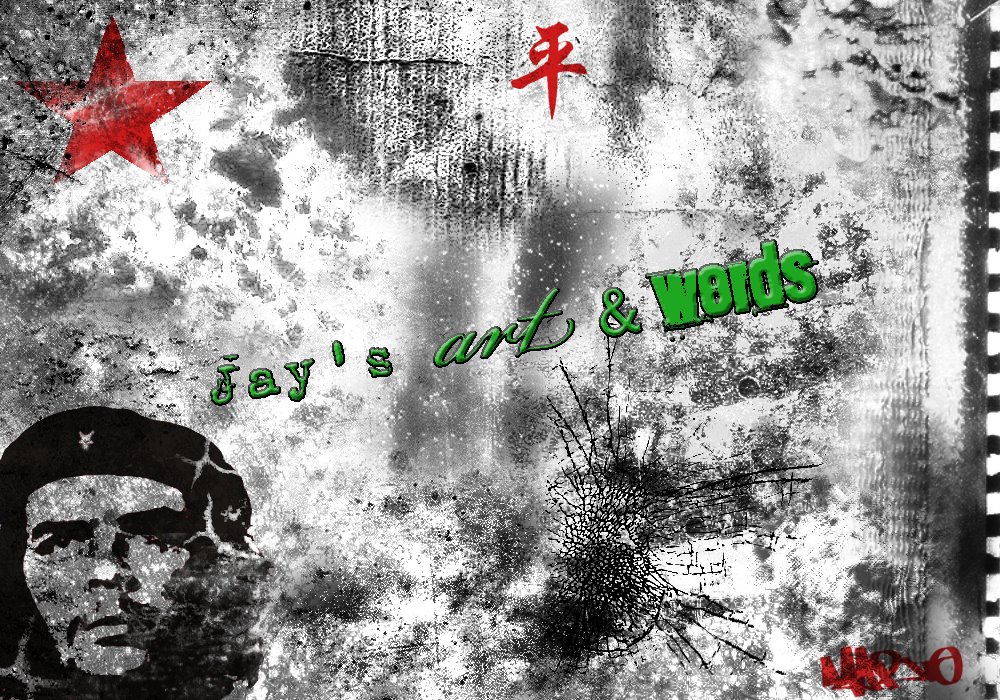First of all, like all classic movie serial killers, Dolarhyde has had a traumatic childhood. This is in part due to a facial deformity (in actuality a hare-lip), which could possibly mean that he was teased as a child, though the film gives no indication either way. After a botched re-construction surgery, he is left with a long scar running up to his nose, which has also resulted in him being rather sensitive about people touching his face, as evidenced by the way he acts with Reba.
He was put into the care of his grandmother in her foster home. Through various audio flashbacks throughout the movie, we learn that she repeatedly threatened to cut off his genitals, presumably after several bed-wetting episodes. Other emotional abuse is hinted, though we are not told whether or not he was physically abused as a child. As is typical of most Hollywood serial killers; the abuse provokes a deep-seated fear and apprehension towards his grandmother, but also a sort of affection. How do we know this? The main indication would be the dentures Dolarhyde possesses. He holds one set of dentures for his normal life, and another set, snaggle-toothed and sharp which resemble the dental structure of his grandmother. He wears these dentures when he slips into his Red Dragon alter-ego, in other words when he commits the murders. This suggests that in some form or another, Dolarhyde sees himself as carrying out his grandmother's wishes, or even that she is now a part of him.
Dolarhyde possesses two radically different personalities. In public he appears to be a shy, confused young man who doesn't have much -if any- of a social life. Other than this, he appears relatively normal. In some ways, this could be an extension of his childhood personality: young, innocent and eager to learn about the world around him.
Then along comes his Red Dragon persona. Now this side of his split personality is perhaps the most interesting. To fully understand It, we need to analyse this quote:
"I am the Dragon. And you call me insane. You are privy to a great becoming, but you recognize nothing. To me, you are a slug in the sun. You are an ant in the afterbirth. It is your nature to do one thing correctly. Before me, you rightly tremble. But, fear is not what you owe me. You owe me awe"
Within this statement, we see a lot of confusion, which can help us decipher the Red Dragon personality. Here we have a being that is confused by the world around It. While it holds without doubt a certain disdain for the people around It, It cannot comprehend why others do not recognize It for the superior being It is. "You owe me awe!"; while Fiennes pulls this line off with utter contempt, I feel that it is perhaps more appropriate to highlight the confusion within that statement, indeed so that the Dragon is saying "Why aren't you in awe of me?" instead of just stating.
While on the outside, The Dragon may seem like a monster, an uncaring amoral being; It has perhaps more 'noble' (in the loosest sense of the word) intentions. Through various statements he makes during his conversation with the journalist Lounds, we can see that he believes he is "transforming" his victims, as he shows Lounds pictures of his victims through each stage of their transformation. This could suggest that he believes that by killing them through his bizarre ritual, he is freeing their true spirits from their body, allowing them to undergo a metamorphosis, such as he is trying to attain, and changing them into higher beings. This may also hint that he is somewhat envious of his victims, as to him they are able to achieve superiority in a matter of minutes, while he has been working all of his life to achieve his metamorphosis, becoming the Red Dragon. The thing you have to remember is that each personality is a completely different person, while Dolarhyde is aware of the Dragon, he fears it and he doesn't actually want to hurt people. To be honest, I don't think that the Dragon Itself is fond of hurting and killing people; but he views it as a necessary evil in order to achieve It's proper transformation. It looks down upon Dolarhyde with a certain sense of pity; as it views Dolarhyde as weak and spineless. It's important to remember this; as you can easily lose yourself in hating the character instead of trying to understand it.
So there you have it. And I bid you Adieu
